Who is Yemisi Akindele? Did you grow up in Nigeria or in the UK?
Well, I was born Yemisi Awotunde in Birmingham, as my parents had come to the UK to study. And what’s notable here is that my mother actually came to England on a scholarship. So when we get to talk about scholarships later, you know now why I am so passionate about it. My mother came here on a scholarship and of course met my dad, gave birth to myself and my brother. And we lived in England, I think till when I was about five. And of course, you know that in those days, once they finished their education, they went back home. And that’s what my parents did. So they took us back home. But just before I turned 16, my brother and I returned to the UK to do our A levels. I’ve remained in England ever since. So yes, I can say that I grew up in both countries. For my formative years, I guess we would say Nigeria, because from 5 to 15 I was in Nigeria but from then onwards, I’ve been living in England. So that’s me in terms of where I grew up. Who is Yemisi Akindele? So, I am a mother. I’m a grandmother. I’m an entrepreneur. I’m a game changer. We can put it that way. My passion is to see every black child, every child, but especially every black child, achieve the best education they can, given the resources that are within their remit. Because like Mandela said, education is the key to eradicate poverty. And as you probably know, poverty is often linked to Africa for some weird reason. I mean, we’ve got so many resources, but unfortunately we’re still riddled with poverty. I strongly believe education is the answer to eradicate that poverty. So yes, that’s why I am who I am. And I must add that I’m also a legal consultant. So whereas my background is in accounting and finance, I made it a point to study law too. I focus mostly on family and child law, which means I’m able to work with families in terms of their education issues. I do a lot of work as an advocate for families and schools on the education front in terms of their rights.
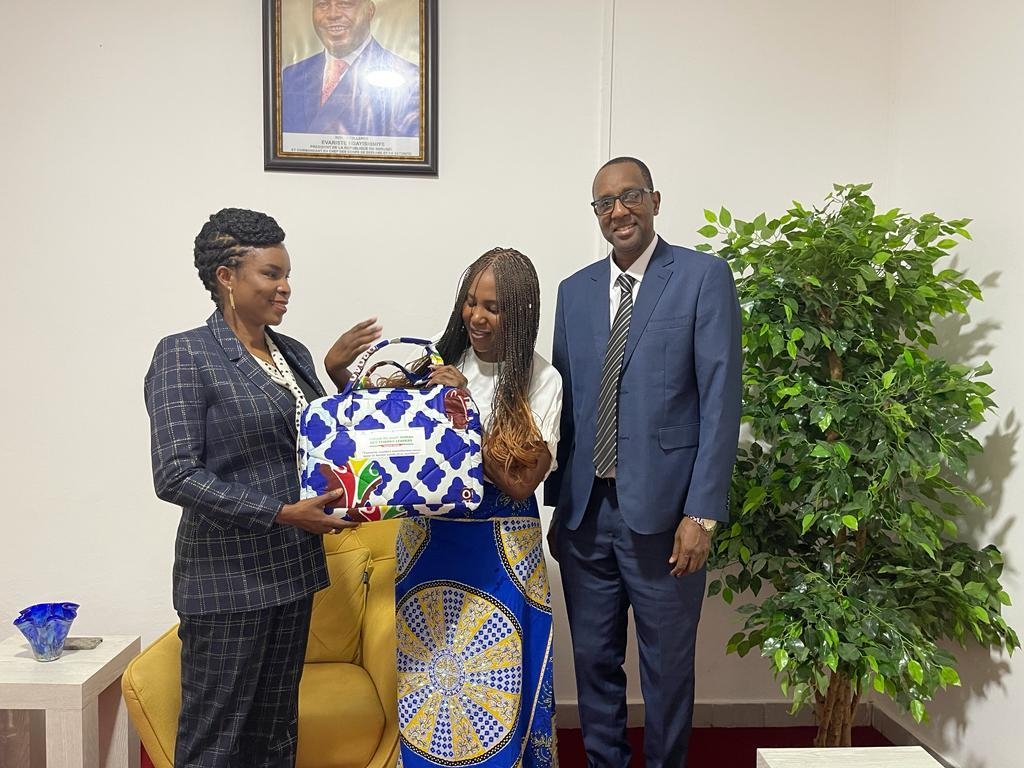
You mentioned that you are a grandmother but you just look too young to be one.
Lol…thank you. Actually, I’ve got four grandsons and one granddaughter. I have four children. Three of them are married and the youngest one is about to get married because he just proposed to his girlfriend. And we’re looking at a destination wedding next year, God willing.
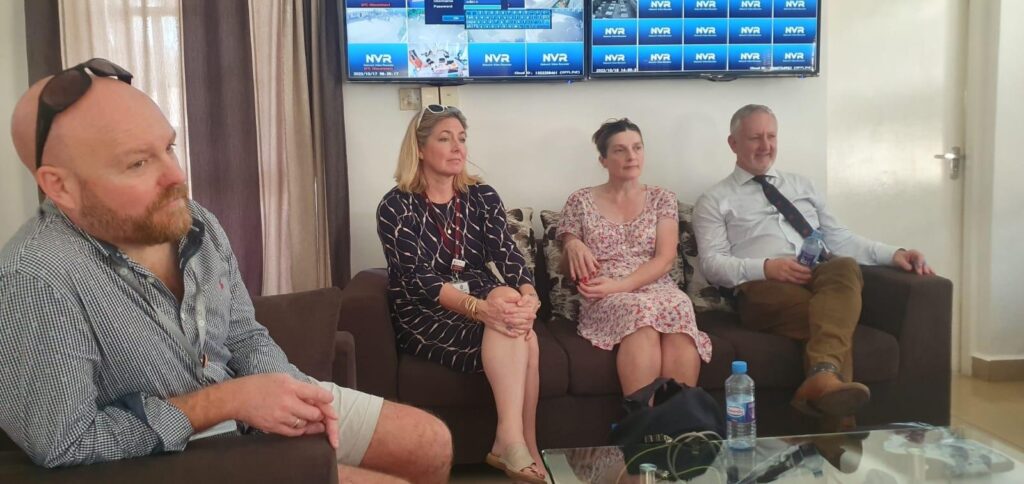
You do a lot of advocacy work in the area of children’s rights to an inclusive curriculum and through your Higher Achievers Global Foundation, for the African girl child too. Tell us about these.
Okay, so in terms of ensuring that the young people, and it doesn’t matter how young you are or how old you are, so long as it’s to do with education, I truly believe your rights must not be inhibited. You must achieve those things that you’re deemed to achieve. I’ll give you an example. It’s funny that we are discussing this now in this interview because only today, I’ve had a few parents call me about this same issue. So you might find that a child has Special Learning Needs (SEN) for example, this can be dyslexia, dyscalculia or whatever the learning disability is.
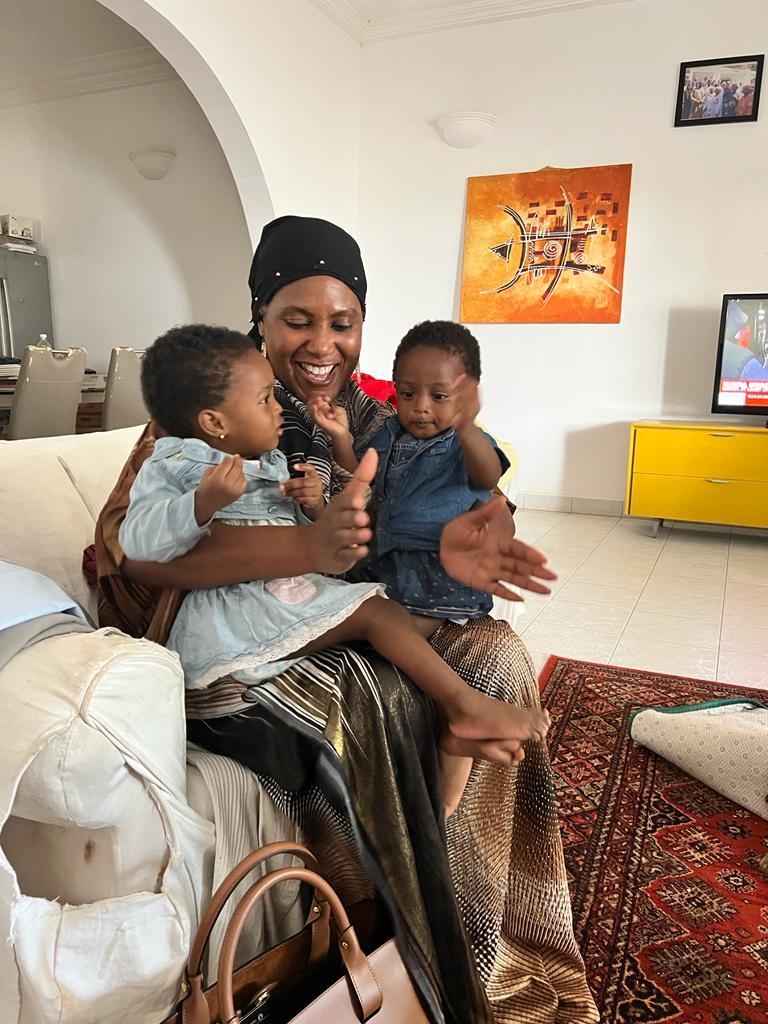
Actually, I don’t like calling it a disability because I just feel it’s a need that the child has in order for him or her to be well catered for. Where you have children who have a learning need some of the schools, and they don’t make it public or admit that they are like this, but some of these schools would find ways of excluding a child from their school saying they can’t cope with this or they don’t have the resources for this. That is a big lie and that’s what I advocate for parents to know, that so long as I get to hear about it, trust me your school will definitely cater for you. This is because every school actually has that budget. The reason why they receive a budget from the government every year is for them to cater for not just the needs of the very able child or the child that is just regular, but for every single child. So if a child has a learning need, we need to find out what that learning need is because the local council has a responsibility to do what they call an assessment. The school has a responsibility to identify this child’s needs. But if you ask me, the major responsibility lies with the parents who should know their child, because they gave birth to the child. Yes, you might not be an expert in recognizing these things, but you would definitely know that, hmm, okay, I hear that most children start to talk by the time they’re about two, three or whatever and my child is still not talking. You should be able to observe that there are certain things that a child is supposed to be doing that your child is not doing, which means there’s a problem somewhere. That’s when you begin to talk to your doctor, visit social services and basically seek professional help. And if you’ve done that and they don’t help you, then I need to hear about it.
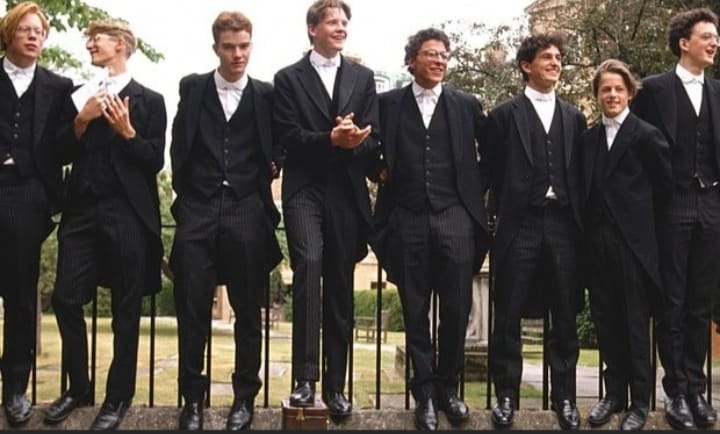
Or if you were not even aware and you suddenly wake up one day to the realization that your child has this need, and when you visit the school, they ask you to remove your child, either because the child can’t cope or because the school can’t cope with your child, then you need to find out why? Why is the child not coping? Why is the school unable to cater for the child? And of course, it will then become apparent that the child has a need. If the school tries to exclude the child because of that, that is a problem. We will prosecute the school for doing such, because the school has a responsibility and a duty of care to that child to make sure that they receive an education. If that means bringing in a teaching assistant who is a specialist in whatever the child’s issue is, then the school has to do that. If it’s a state school, the government pays, if it’s an independent school, the parent pays, but somebody must pay and the child must get the support they need. So that’s what I do on that one. Yes, I would advocate for the school, and I will advocate for the child and the family. Mostly the family, because regarding the school, the main problem that I find with schools is where the school has identified the problem but the parents are in denial. That’s the other thing that we encounter, especially with African parents. You will hear things like, oh, it’s not my portion. So there’s a total denial of the issues that child obviously has. As a parent, yes, you nurture that child to become an adult but one thing that you must remember is that this child would one day become somebody’s father or somebody’s mother or somebody’s husband or somebody’s wife or somebody’s employee or want to be somebody’s employer. Now, if you have not supported that individual from when they were a child, to address all the issues that they’re dealing with, what sort of husband would they be? They’re gonna be an awkward father, an awkward husband, an awkward wife or whatever the case may be, simply because they still haven’t figured out what the problem is. We’ve seen it happen. I’ve had a guy who while he was doing his Master’s in his late 30s, his supervisor told him he was meant to get a distinction, but unfortunately wouldn’t get one because he had challenges since childhood that were never dealt with. He had no idea what the supervisor was talking about. I had to bring him in. I actually brought him in. We did an interview and I even made reference to his interview in my book.
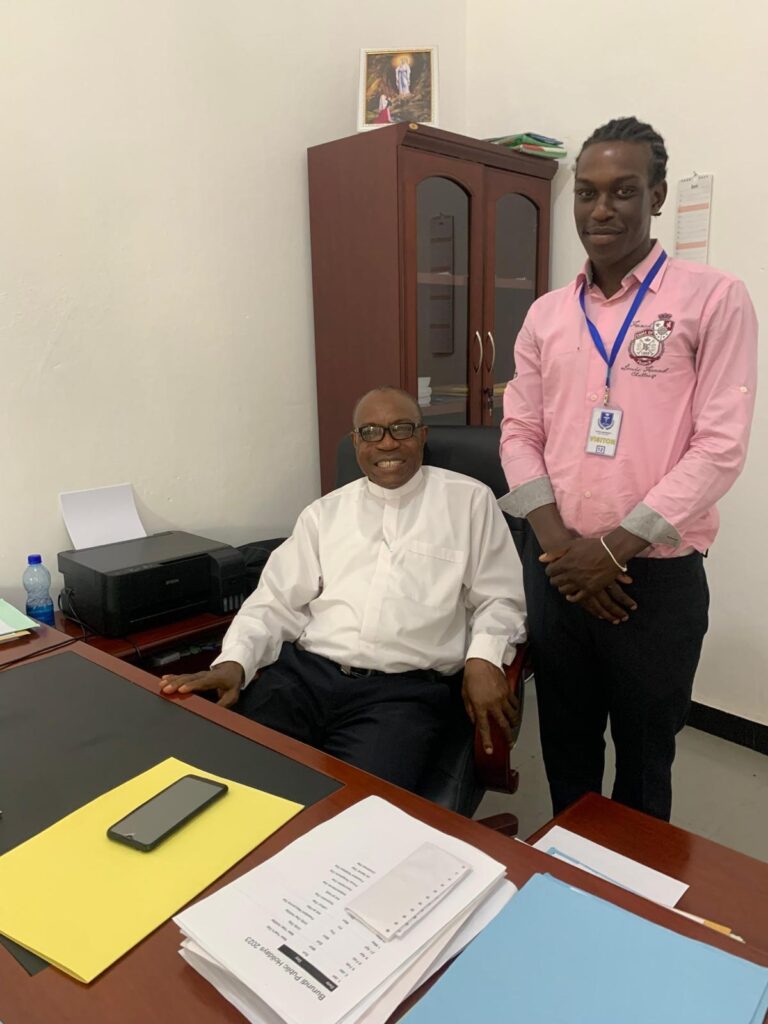
I did that, so that people, especially parents, can see this. That if you don’t help when your offspring is still a child, they will become adults and will still have to face the same issue. Therefore there’s no point in living in denial. If we have a child who has this challenge, how do we help that child? That’s what we should be looking at, not denying it. So when the school gets me involved, it’s because a parent has been informed that a child needs this kind of support, but the parent feels they’re picking on the child. So I have to explain to them that, no, if they’ve done the assessment and they found that your child needs support, let’s find out what support your child needs and let’s see what we need to do. If you want to do your own private assessment, you can. And that’s another thing. Parents can do their own private assessment. They don’t have to go through the school. There are psychologists out there who will do private assessments for you as a parent, so that you can see what your child’s issues are. And then you can take that report to the school. One of the things that the school will do is give 25 percent extra time in writing exams. But unfortunately, some of the parents are in denial that they have this issue. They are not the ones suffering from it, it’s the child. So we just need to embrace these issues that we may have and face them head on. Now, regarding the girl child, the reason why I’m passionate about the girl child is simply because in the African context, where I am from, the parents and the fathers especially, tend to value the male child more. I don’t think it’s just in Africa though. I think there are some other societies that are also like that. They tend to value the male child more. But one thing that I continue to remind fathers is that if we don’t have women in this world, we would be done for because it’s the woman who brought the man in the first place. Hence we need to educate the woman. And if you educate a woman, trust me, you’ve educated a whole nation. So, why would we not educate our girl child? So what I then decided to start doing was to start identifying those families where it was obvious that the girl child would not be sent to school. Their focus is only on the boy. In such families, I pick up the girl child and we sponsor the girl child to school. We have a lady who has graduated from university who’s currently doing her NYSC. Her graduation is going to be this October, which by God’s grace, I will attend. She’s the first girl that we put through school. And she’s gone all the way, graduating from a private university. She finished well, earning a 2:1 in her degree. She’s the first girl in her entire family who has ever gone to secondary school, let alone go to university and graduate. And now she’s earning good money because she’s also working. That’s a dream come true for her and her family. So those are the kinds of things that we’re doing with the Global Foundation. And it has been working tremendously well. This is just one example. We have younger ones, but they’re not up to that level yet. They’re still in secondary school. They started in primary, but they’re doing extremely well. So, yes, we will continue to push for that. I mean, we want to support the boy child as well but first of all, we want to focus on the girls. And we want to see that rise to a good level so people all over the world can see that honestly, we need to focus on the girl child as much as we focus on the boy child. Take my own case. I have four children, two boys and two girls. And all of my children are graduates. I mean, I had to educate them. One of the girls is an engineer. So again, she’s a STEM girl. So we’re not just looking at girls going to do catering or other stereotypical girl jobs. Boys can do catering too. Why can’t boys do catering? Why can’t boys do hairdressing? I mean, we see that happening now. So, it’s not only a girl’s job to be a nurse. Men can be nurses too now. Girls can be doctors. They can be dentists. And that’s what we’re focusing on. My first daughter is a lecturer at a university. The second is an engineer. So yes, we need to educate the girl children so that they can be independent and stand on their own.
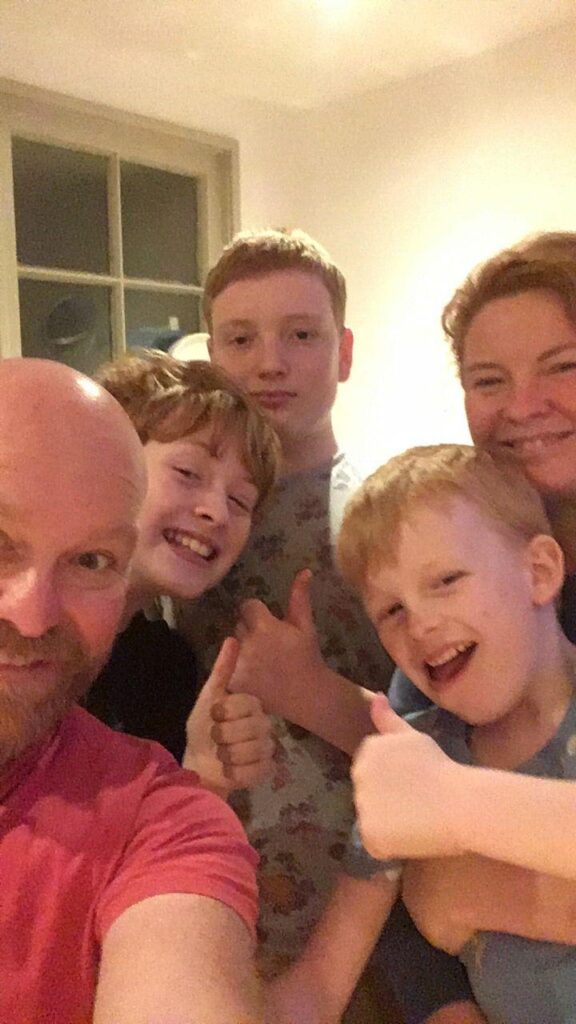
You also consult for schools in Africa and in the UK through your High Achievers Academy. What exactly do you do for these clients?
That’s a very good question. So sometime in 2016 I believe it was, I attended one of the British Council conferences in London. At that meeting were all of these British independent schools, and I was thinking to myself, I’m hearing them talk about several countries, but Uganda, especially. And they were talking about a scholarship that is available to Uganda. And I was thinking, wow. So for some reason, Britain feels it owes Uganda or is indebted to it somehow, which is why they seem to be offering them this particular scholarship. So I waited, I let them finish, and then we had the question and answer session. I then got up and said, given the fact that Britain obviously came to Nigeria, came to Ghana and colonised them, I feel Britain actually has a duty to educate the children from Africa. I hear that they do something on that level with Uganda. Why aren’t they doing it for Nigeria? Because I haven’t heard of that scheme. Before raising my hand to speak, I had quickly done my research right there in the meeting and my discovery was that nothing like that was being done for Nigeria. And to my surprise, some of the schools present responded with, we will support that, we will support that, we will support that. And I had schools, instantly indicating a willingness to support giving bursaries and scholarships to children from Nigeria. And that was it. That was the first encounter that I had with them. And then in 2017 came my first opportunity. In 2017, a friend of mine called me up and said, look, we’d like you to go to Gambia. We have a family there that are looking at sending their kids to school in the UK, but they’re looking for a bursary or a scholarship or something. I said, I’ll be very happy to do that. First of all, what school is it? So I got in touch with the school. I found out about the school that this particular family attends, found out what kind of school it is, because remember, there is a criteria for getting the scholarship. So, first of all, you have to be in a good school where I know you will pass the common entrance exams. That Gambia trip was my first trip concerning global education. I did my due diligence, checked out all the schools, the so-called independent schools, met with family heads and the rest is history. Since 2017, this will be my seventh or eighth visit to Gambia.
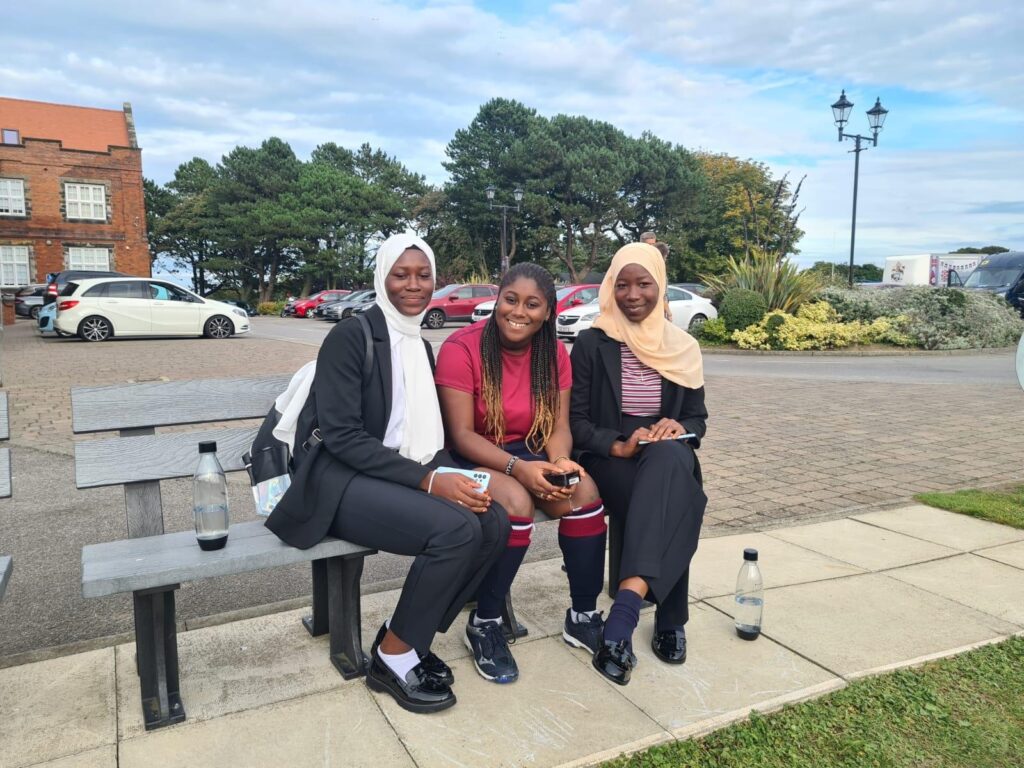
And now, what we do is to take schools there from the UK. So, I’ve got a few schools in the UK that have bought into this, and they follow me there to do a school fair. We now have literally every school in Gambia attending the fairs that we hold. We hold it in a massive hotel there. And my thing is to check their records, check their results, check this, check that, but the aim is to offer them scholarships. The aim is to offer them bursaries. We’ve had a few children who came to the UK that have graduated and finished. Some have studied Law while others have graduated with equally good degrees. These are children from Gambia who came to the UK as secondary school students and have gone on to graduate from university. So it’s been really good but just today, one of the girls called me. This girl did the International Baccalaureate (IB) exam. I remember her so well because when we went to Gambia for the fair, she stood before the kiosk of that particular school, where she just finished. She just wanted to know so much about them. She went home and brought her uncles and others.
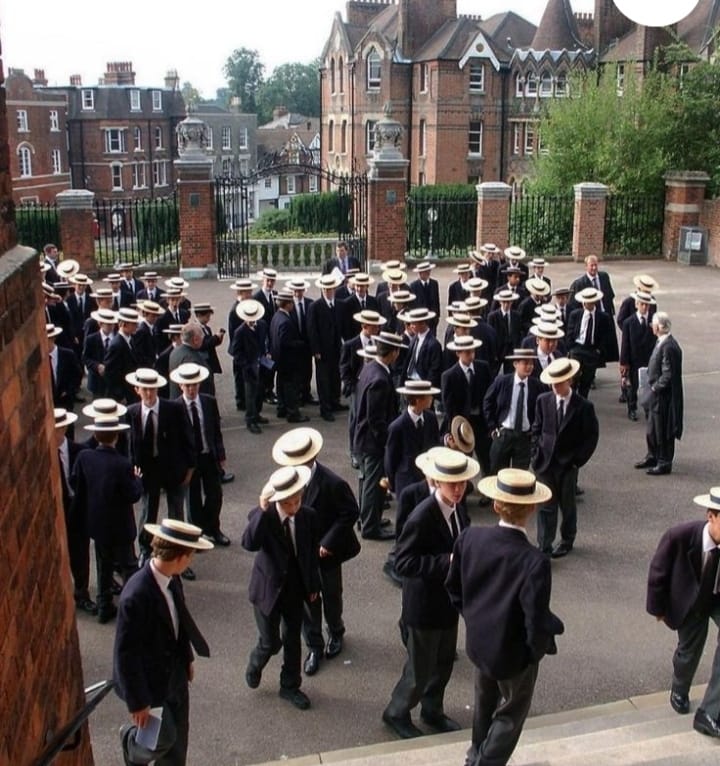
The long and short of it is that she has completed her two years. Her IB results came out yesterday, she did well, and she has been given admission to study medicine at Buckingham University. I’m just so thrilled because this girl said to me that never in her wildest dreams would she have thought this would be possible. Because her dad, again, this is what we’re saying about educating the girl child – as far as he was concerned, once she finished secondary school, that’s it, she can get married. And now she’s going to university to become a doctor. So can you see all the ability that is in this child that would have just gone into the kitchen? I mean, there’s nothing wrong with the kitchen but she will just be childbearing with wifey duties and stuff, and that’s the end of it. So I’m so, so grateful to God that this has happened. So, yes, that is how we got into Africa. Consulting there means working with the schools in the Gambia, in Nigeria, in Senegal, in Ghana, and bringing it back to the UK. We now have a partnership going for exchange programmes. So some of the kids from the UK would go to Africa and spend a week, and the ones in Africa will come to the UK and spend a week. The goal is not to eventually move them to the UK to study but it’s just for them to have that experience. Now if the children here are being raised to become global citizens, how do you become global citizens sitting in your little school in Yorkshire? You can only become a global citizen if you leave your comfort zone, go out there and learn other people’s culture so that truly, when you finish university and you get head-hunted by Japan for example, you already understand other people’s culture and you’ve mastered the people. Your experience is therefore not limited to just your regular Yorkshire people that you’ve been with and seen all your life. So, that is the essence behind what we do in this area.

What is the criteria for people to qualify for scholarships and bursaries at these top independent schools in the UK and do opportunities abound?
Another good question. So first of all, let me tell you the background to this scholarship business. Like I was saying about my mum, because my mum came to England on scholarship, I believe that was the opportunity. When you ask if opportunities abound, I believe that’s the opportunity that abounded on to myself because she had that opportunity. My grandfather had like 10 or 12 kids. Would she have been the one that he would have picked out and spent his pennies to send to England? I doubt it very much. But because she was smart enough to get the scholarship, that’s why she ended up in England where she met my father. I then came along. I then feel the opportunity that was given to me through my mum getting that scholarship, was me being born in England and having my children born in England and giving them an education that is unrivaled. You know what it means to get a British education, especially if you are good enough to get into the top schools, which with the help of God, my children got into. They attended some of the leading independent schools. So for me, helping children get scholarships and bursaries became a life mission. I’m still at it. And what does that mean? First of all, people from my community don’t believe in paying fees, as you probably know. They are like, ‘why can’t they go to the school down the road? There’s nothing wrong with that school. Wherever a child goes, they’re going to do well… blah, blah, blah’. You know that kind of thing. So, I then had to find a way of changing that mindset. I would say to them, if I’m able to get your child into that school for little or nothing, how about that? Of course they were interested. So now they like the private school, because it’s not going to cost them much. I then had to think about how to do this because not every child is academically sound. Yes, they’re relatively good or they’re average, but they’re not at a scholarship level. So what other things can we do to make it happen? To answer your question about the criteria for getting the bursaries and the scholarship, the criteria for scholarship is purely based on ability. So your academics must be sound. But it’s not just academics. It could be if you’re really good at IT, if you’re very good at music or if you’re good at drama. Any exceptional and valuable skill that you have can be used to obtain a scholarship. For instance, I introduced voice. So, if I have a child who can sing really well, I’m like, you know what? That is scholarship level. I took a girl to a school and I said to them, she doesn’t play an instrument, but she sings really well. So her voice is an instrument.
Read the concluding part of this interview in EduTimes Africa September issue.
_____________________ Dr Yemisi Akindele studied Accounting and Finance and holds a postgraduate degree in Law as well as LLM, specialising in Education and Child Law. She also has a Certificate for Professional Development in Leadership and Decision making from both University College London and Harvard Continuity School. Dr Yemisi works freelance as a legal and educational Consultant with Obaseki Solicitors, advocating for children’s rights to an inclusive curriculum regardless of their learning needs as well as consulting for many independent schools both in the UK and in Africa. Dr Yemisi is a member of the society of Education Consultants, Association of Women Barristers and a member of The Inner Temple, ILM(Institute of leadership and management) She is the founder and CEO of High Achievers Academy, a supplementary school and Consulting Firm for Black Children in the UK and abroad, its’ aim is to prepare them for scholarships and bursaries into top UK independent schools. She founded High Achievers Global Foundation, an NGO supporting the Girl Child and the less privileged in Africa, She is the founder of High Achievers Women of Wealth, a Women leadership platform that was created to see women rise into Financial Freedom and she is the founder of BAEN British African Education Network, a platform for all Black Educators to showcase their products and services to help parents navigate the British Education System and find support in all spheres for their children. Dr Yemisi is the author of many published articles on Education Matters and the leadership book for parents, GREATNESS in me and my CHILD. She is the recipient of several awards including the honorary doctoral award from GWIIN(Global Women Investor and Innovators Network), the Thurrock Black History month award, the Women of Praise award and the Nigerian School leaders award.




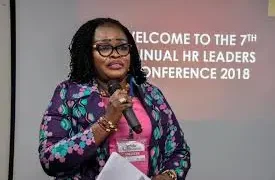

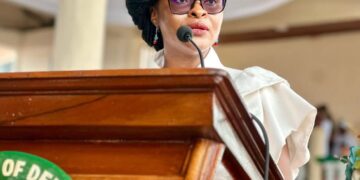




























































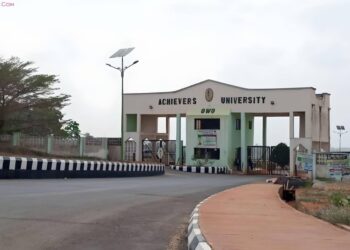

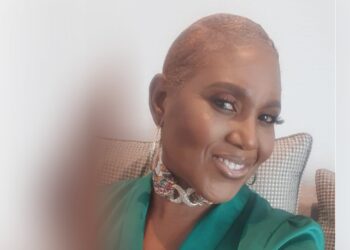
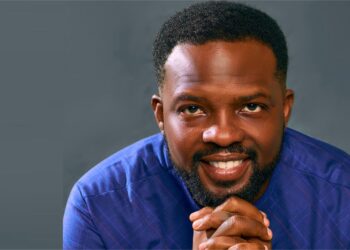
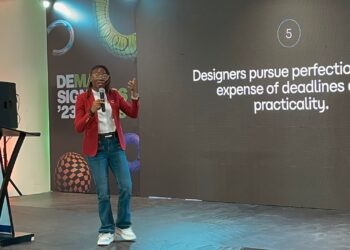










 EduTimes Africa, a product of Education Times Africa, is a magazine publication that aims to lend its support to close the yawning gap in Africa's educational development.
EduTimes Africa, a product of Education Times Africa, is a magazine publication that aims to lend its support to close the yawning gap in Africa's educational development.
A fantastic section with Dr. Yemisi.
My Two kids are very good at music productions they are in universities.
I will appreciate a scholarship for them to actualize their dreams.
Wishing you all the best. Perhaps you can reach out to Dr Yemisi
To me, UK would be a great place for to study and hope my Dream turns to reality
As a product of a British boarding education myself, I can confidently say that you are right. It’s a great experience and privilege too.
Wow interesting 🤔
It certainly is. Thanks for reaching out
Can I also get a scholarship from you
I’m currently in high school and my dream is to study abroad but my parents are not well to do. I’m very smart and I’m ready to write an example to prove it at your convenience
Thank you for reaching out to us. Unfortunately we are not involved at all in the awarding of scholarships. As a media organisation we only create awareness about such opportunities.